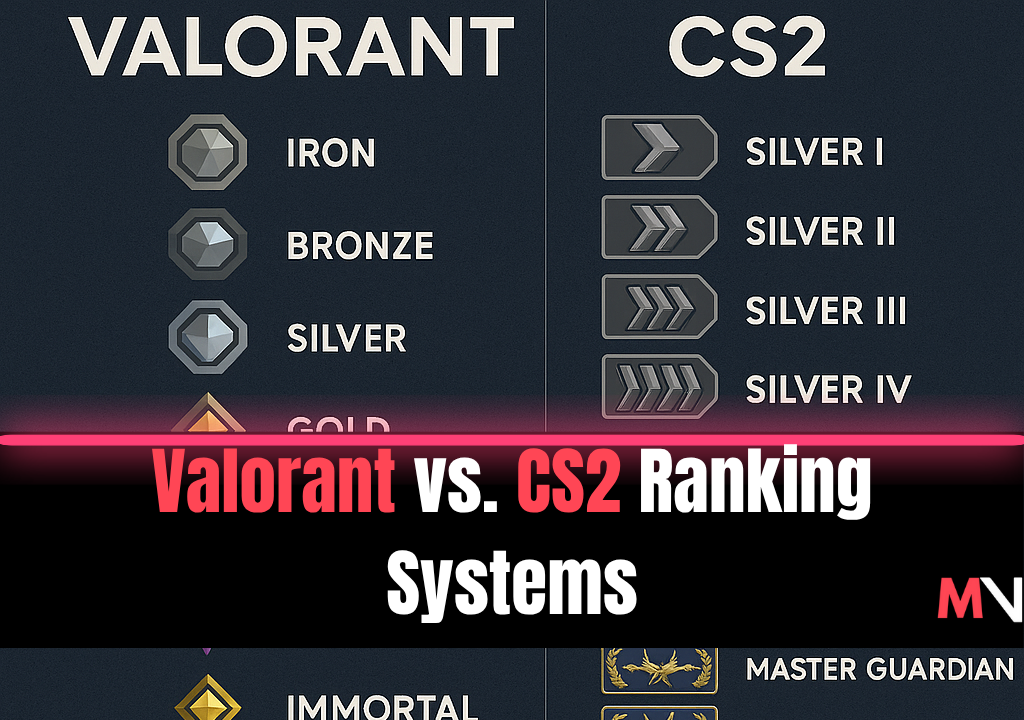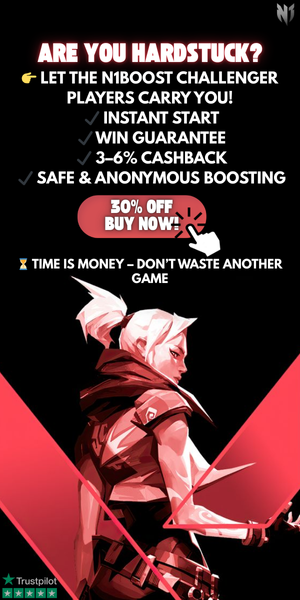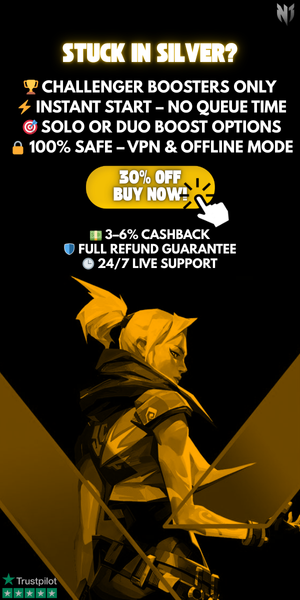Valorant vs. CS2 Ranking Systems: Understanding the Key Differences
Both Valorant and Counter-Strike 2 (CS2) are at the forefront of the competitive FPS genre, boasting massive player bases and intense, tactical gameplay. However, while they share similarities in terms of team-based shooting and strategic elements, their ranking systems differ in significant ways. Understanding these differences is crucial for players who want to maximize their competitive experience and climb the ranks effectively in both games.
In this blog, we’ll compare the Valorant ranking system to CS2’s ranking system, highlighting key differences and offering insights on how they impact your progression. Whether you’re a seasoned CS2 player making the jump to Valorant, or a Valorant enthusiast curious about CS2, this guide will help you understand how both systems work and what sets them apart.
Overview of the Valorant Ranking System
Valorant’s ranking system is designed to provide a fair and competitive environment, rewarding players for both individual performance and team success. The MMR (Matchmaking Rating) system is at the core of Valorant's rankings, which consist of Iron, Bronze, Silver, Gold, Platinum, Diamond, Immortal, and Radiant, with each rank divided into three sub-tiers.
How Valorant’s Ranking System Works
- MMR-based: Valorant uses MMR to determine your skill level. Each win, loss, or draw affects your MMR, and your visible rank reflects your overall performance.
- Impact of Individual Performance: In Valorant, individual performance plays a significant role in MMR changes. If you perform well, even in a loss, you may still see an increase in MMR, but if you perform poorly in a win, your rating may not increase as much.
- Team Coordination: While individual performance matters, team coordination is equally essential. Valorant's rank system places a heavy emphasis on team success, and poor teamwork can lead to losses, affecting both your personal MMR and the team's overall performance.
- Placement Matches: When a new season starts or when you join Competitive for the first time, you’ll need to play placement matches to determine your initial rank. These matches play a crucial role in setting your starting point and adjusting your MMR for the season.
Overview of the CS2 Ranking System
Counter-Strike 2 (CS2), like its predecessor CS:GO, follows a more traditional Elo-based ranking system that primarily values team performance. In CS2, players are ranked from Silver I up to Global Elite, with multiple intermediate ranks in between. The ranking system emphasizes team-based outcomes rather than individual performance, making it more difficult for a single player to carry the team.
How CS2’s Ranking System Works
- Elo-based: CS2 uses an Elo-based system where the winner of each match receives a rating boost, and the loser’s rating decreases. The system measures your win-loss ratio as well as how well you perform in relation to the average rating of your opponents.
- Team-based Focus: While individual performance is a factor, CS2 places more weight on the team’s success in a match. If you win with a positive K/D ratio, you may get a larger rating boost, but if the team loses, it can still affect your MMR negatively.
- Global Elite: Reaching Global Elite in CS2 is a prestigious achievement, representing the very best players in the world. Players who reach this level have refined their strategies, shooting accuracy, and game sense over many hours of gameplay.
- Win-Loss Ratio: The Elo-based system in CS2 places more importance on maintaining a positive win-loss ratio than focusing on individual performances like in Valorant.
Key Differences Between Valorant and CS2 Ranking Systems
1. Impact of Individual Performance
- Valorant places a higher emphasis on individual performance compared to CS2. In Valorant, even if your team loses, your personal performance can still cause a slight MMR increase if you contribute significantly to your team’s efforts. In contrast, CS2 primarily rewards or punishes players based on team success, so even exceptional individual performance may not be enough if the team fails to win.
2. Role of Teamwork
- Both games emphasize teamwork, but Valorant has more integrated mechanics where teamplay and synergy directly impact MMR. Since agents in Valorant have unique abilities, their utility usage is essential for the team’s success. In CS2, team communication is important, but success depends more on shooting mechanics, positioning, and strategy.
3. Matchmaking Speed
- Valorant's matchmaking is often quicker, with fewer issues in terms of waiting times between games. CS2 can sometimes take longer due to the large pool of players across different skill levels, especially in regions with less active player bases.
4. Ranking Up
- In Valorant, players are often ranked according to their MMR, which means that promotions and demotions can happen more fluidly based on performance. In CS2, ranking up requires consistent wins rather than a streak of good individual performances. It’s all about the win and loss ratio.
5. Ranking Visibility
- Valorant’s ranking system allows you to see your MMR and rank, but CS2’s system is entirely based on Elo, and players typically only know their rank rather than an exact rating number.
Which Ranking System is Better for You?
Both Valorant and CS2 offer exciting competitive play, but the ranking systems cater to different playstyles and preferences.
- If you enjoy individual gameplay with a focus on agent abilities, Valorant might be more appealing to you. Its ranking system rewards personal skill and allows for more fluid progression based on how well you perform individually, as well as your teamwork.
- If you prefer team-focused strategy with less emphasis on individual fragging, CS2’s ranking system will better align with your playstyle. The Elo-based system in CS2 is all about maintaining a positive win rate and playing as a cohesive unit.
Actionable Tip:
If you’re transitioning between the two games, focus on mastering game sense and team communication, as both games require these skills for climbing the ranks. Additionally, improving your mechanical skills (aim, positioning, timing) will help in both Valorant and CS2.
Tags

admin
Author




